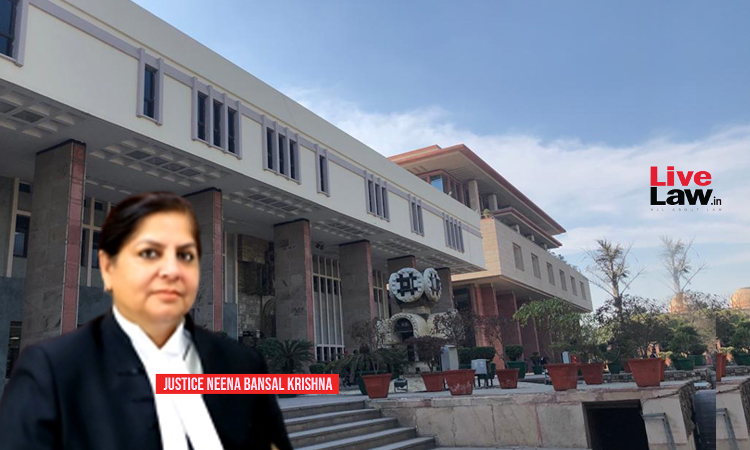Section 15(1) Of Hindu Succession Act Works Against Widow Of Pre-Deceased Son, Needs Rectification: Delhi High Court
Nupur Thapliyal
28 May 2024 6:40 PM IST

Next Story
28 May 2024 6:40 PM IST
The Delhi High Court has recently ruled that Section 15(1) of the Hindu Succession Act, 1956, unfortunately, works against the widow of a pre-deceased son, while it is intended to benefit another woman being a deceased woman.Justice Neena Bansal Krishna said that the provision, which provides general rules of succession of property of a female Hindu dying intestate, is an anomaly in...
